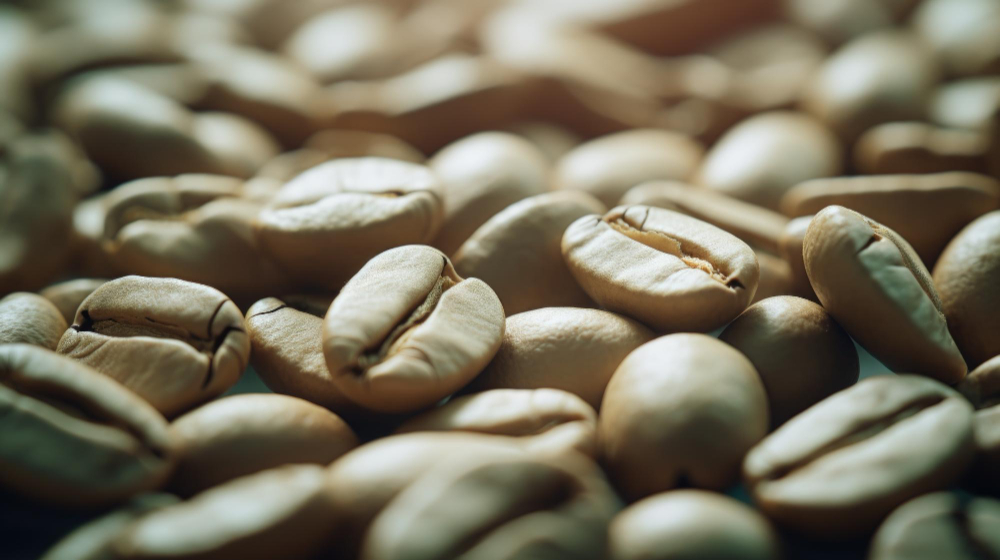White coffee has been gaining popularity among coffee enthusiasts worldwide, offering a unique and intriguing alternative to traditional coffee drinks. But what exactly is white coffee, and how does it differ from its more commonly known counterparts? In this article, we delve into the origins, characteristics, brewing methods, and flavor profile of white coffee to unravel the mysteries behind this unconventional brew.
Understanding White Coffee
Contrary to its name, white coffee isn’t actually white in color. Instead, it refers to a specific type of coffee roast that is lighter in color than traditional medium or dark roasts. White coffee beans undergo a unique roasting process, where they are roasted at lower temperatures for a shorter duration compared to conventional roasts. This minimal roasting imparts a pale, yellowish hue to the beans, giving rise to the term “white coffee.”
Origins and History
White coffee traces its origins back to Yemen, where it has been consumed for centuries as a traditional beverage known as qishr. In Yemeni culture, qishr is made by roasting coffee beans lightly and then brewing them with spices such as cinnamon, cardamom, and ginger. Over time, the concept of white coffee has evolved, with variations emerging in different regions around the world, each offering its own unique interpretation of this distinctive brew.
Brewing Methods
White coffee can be brewed using various methods, including drip brewing, pour-over, French press, and espresso. However, due to its light roast and unique flavor profile, white coffee requires special attention during brewing to extract its delicate flavors properly. Many coffee aficionados prefer to brew white coffee using manual brewing methods, such as pour-over or AeroPress, which allow for greater control over extraction and flavor development.
Flavor Profile
The flavor profile of white coffee is unlike that of traditional coffee roasts, offering a milder, less acidic taste with subtle nutty and grain-like undertones. The lighter roasting process preserves more of the bean’s natural flavors and oils, resulting in a smoother, sweeter brew with a distinctively light and airy mouthfeel. White coffee is often described as having a creamy, almost tea-like quality, making it a refreshing and enjoyable alternative for those seeking a gentler coffee experience.
Health Benefits and Considerations
Like traditional coffee, white coffee contains caffeine, which can provide a boost of energy and mental alertness. However, due to its lighter roast, white coffee may contain slightly higher levels of caffeine compared to darker roasts. Additionally, the minimal roasting process may preserve more antioxidants and beneficial compounds found in coffee beans, potentially offering health benefits such as improved cognitive function and reduced risk of certain diseases.
Cultural Significance
In addition to its unique flavor and brewing methods, white coffee holds cultural significance in various regions where it is consumed. In Yemen, qishr is deeply ingrained in social and cultural traditions, often served during social gatherings, celebrations, and religious ceremonies. Similarly, white coffee has gained popularity in other parts of the world, where it is enjoyed for its distinctive taste and cultural heritage, adding a touch of exoticism to the coffee-drinking experience.
Embrace the Mystique of White Coffee
In conclusion, white coffee offers a captivating glimpse into the diverse and multifaceted world of coffee. With its light roast, delicate flavor profile, and rich cultural heritage, white coffee provides a unique and memorable brewing experience for coffee enthusiasts seeking something beyond the ordinary. Whether sipped leisurely on a quiet morning or shared among friends during a lively gathering, white coffee invites us to embrace the mystique and allure of this intriguing brew.
